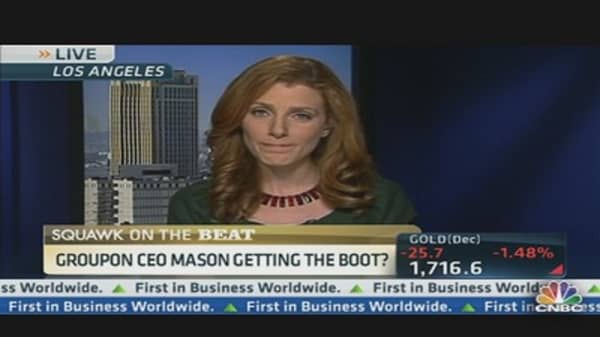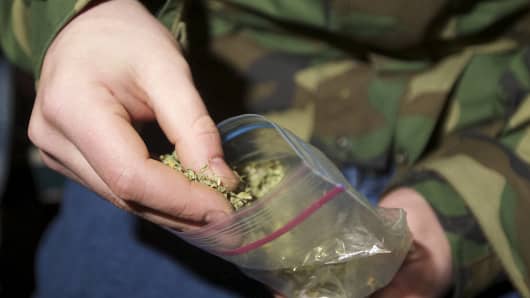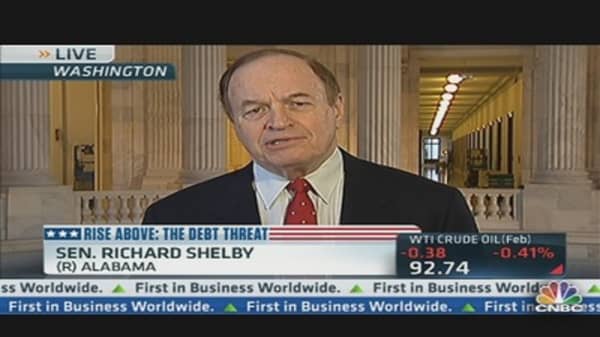3. Access to Capital
While the lending mood has thawed a bit since the recession, there's no reason for Main Street to party just yet. Small businesses broadly are not pulling in enough revenue to merit expansion and thus loans, said Scott Shane, an economics professor at Case Western Reserve University in Cleveland, Ohio.
"And there's evidence that banks are less willing to lend in part because they've been told by regulators that they made loans too easily," Shane said. Amid banks' tight lending policies, it's no surprise small companies are turning to alternative lenders that are upending banks' conservative standards for cash infusions. (Read More: Small Businesses Turn to Alternative Lenders)
Looking beyond mom-and-pop shops, the new fiscal deal that raises capital-gains taxes could make it slightly more challenging for high-profile startups to secure equity.
The tax hikes will mean less after-tax money for investors to sink into ventures, Shane said. Small companies on the cusp of securing equity will find the bar a little higher had capital gains not gone up, he said. Under the fiscal deal, tax rates on dividends and capital gains will rise, to 20 percent from 15 percent, on income over $400,000 for single people and $450,000 for couples.
(Read more: Why Venture Capitalists Are Bearish on 2013)







